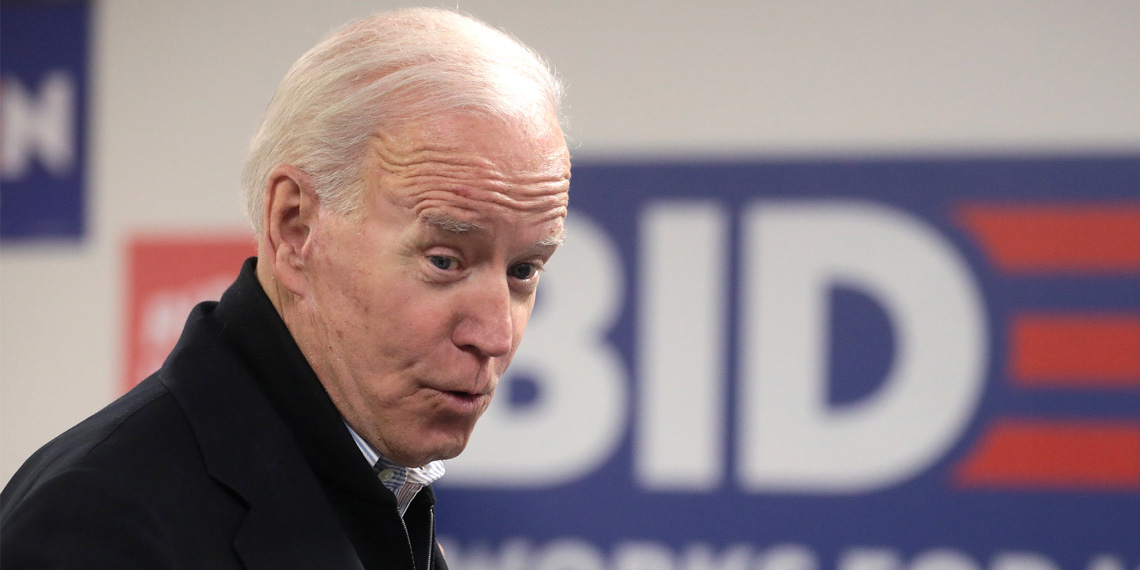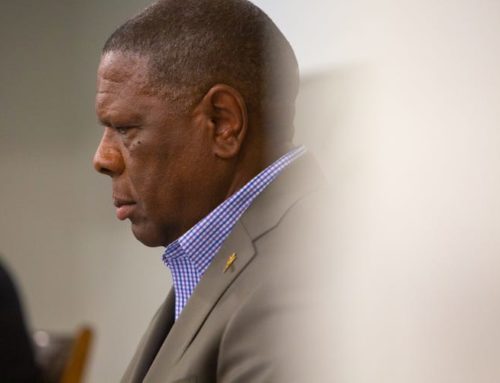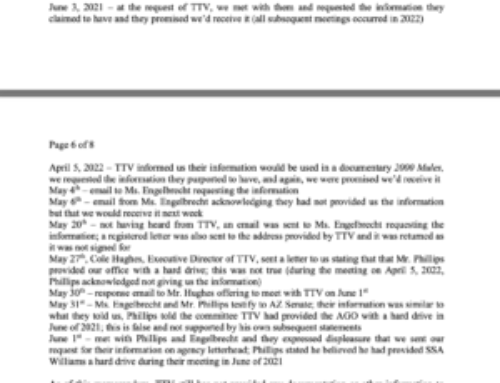This post was originally published on this site

People experienced reduced sleep quantity and efficiency coupled with heightened stress, negative mood, and alcohol use in the period surrounding the 2020 election, according to new research published in the journal Sleep Health.
“Anecdotally, my experience of politics is that they have become increasingly divisive over the last 10-15 years, and really across my lifetime as a whole. As such, I was personally curious as to whether and how this increased divisiveness affects our emotional well-being and sleep,” said study author Tony Cunningham, a member of the faculty and the director of the Center for Sleep and Cognition at Beth Israel Deaconess Medical Center and Harvard Medical School.
“From a scientific perspective, the effect of major socio-political events on aspects of mental health and well-being is one of those things that you would think is well researched but when I looked into the literature it had really only been explored by a few pioneering studies, and ours is the first to associate changes in emotional well-being on Election Day with changes in sleep later on Election Night.”
“Finally, the potential for global effects really interested us,” the researcher explained. “As globalization has increased and we have become more and more connected via the internet, we were wondering if the lines between communities and nations may be blurring with regard to the effects of these major event.”
The study was conducted as part of a larger investigation into the psychological impact of the COVID-19 pandemic that collected data during a period before and after the 2020 U.S. election. The study included both U.S. and non-U.S. residents, with a total of 543 participants ranging in age from 18 to 90.
The participants received daily surveys during a period prior to the election (October 1-13) and the days surrounding the election (October 30-November 12). The surveys, which were delivered in the morning, asked the participants to assess their previous night’s sleep by recording their bedtimes, time required to fall asleep, number of awakenings through the night, morning wake time and time spent napping during the day. They also reported the previous night’s alcohol consumption. Mood was assessed using a validated questionnaire as well as questions from a standard depression screening tool.
The researchers found that stress levels were consistent for both U.S. and non-U.S. participants during October but increased sharply leading up to and on Election Day, with U.S. participants reporting higher levels of stress than non-U.S. participants. Among U.S. participants, alcohol consumption increased significantly on three specific days: Halloween, Election Day, and November 7. Among non-U.S. participants who drank, in contrast, there was no change in alcohol consumption during November.
In addition to increased alcohol use, Election Day also evoked heightened stress and negative affect among U.S. participants, which in turn was associated with reduced sleep amount and efficiency.
“The most relatable point might be the association between daytime mood and subsequent sleep,” Cunningham told PsyPost. “We found that worsened mood and emotional well-being during the day correlated with poorer sleep later that evening. While it was associated with the election in this case, this is likely true on a daily basis – when we have bad days we may have poorer sleep at night, though this should be validated with further research.
“With regards to future elections though, I think this study speaks to the need to have an awareness of how we and others may be affected during these highly stressful events. While we may feel compelled to stay tuned into all of the news, it may be in the best interest of our sleep and mental health to take a break and engage in some self-care.”
The researchers found that stress levels dropped once the election was officially called November 7, among both U.S. participants and non-U.S. participants> However, the changes in stress levels were significantly greater in U.S. participants.
“The most surprising thing to me was that this data was part of a larger study investigating the effects of the COVID-19 pandemic on sleep and emotional well-being,” Cunningham said. “While we definitely saw movement in these measures over the course of the pandemic, at no point in our COVID-19 data collection did we see any changes nearly as dramatic as what we saw in the weeks surrounding the election.”
“I think this largely speaks to how we perceived the two events: stress related to the pandemic was much more chronic without a clear end in sight (even today), while stress surrounding the election was much more acute.”
The results are in line with previous research, which has found that people in the United States tended to report higher levels of depressive symptoms and anxiety in the lead up to the 2020 election. Similar findings have been observed for the 2016 election.
But the study, like all research, includes some caveats.
“Far and away the biggest limitation of the study is the lack of diversity of the sample,” Cunningham explained. “While we were able to recruit both a U.S. and international sample, a vast majority of the sample was comprised of white, liberal females from the northeastern United States. This study should be conducted with a focus on recruiting a much more diverse sample racially, ethnically, by sex and gender, and across the political spectrum.”
“Other questions worth following up on is if sleep behavior leading up to Election Day has an effect on Election Day mood and stress as the relationship between these are thought to be reciprocal. Also this was an investigation on just one major sociopolitical event. It would be interesting to learn more about what features of an event are capable of generating this kind of an effect, especially of global magnitude (e.g., number of people involved, tone, potential implications, etc.)”
“The data collection associated with this study also occurred with the backdrop pre-vaccine COVID-19,” Cunningham added. “In line with what we mentioned above, it was actually surprising to see as much movement in these measures as we did given the simultaneous chronic stress we were all experiencing at the time associated with the early days of the pandemic. Future research should definitely follow up to determine how much the context of the pandemic may have affected our results.”
The study, “How the 2020 US Presidential election impacted sleep and its relationship to public mood and alcohol consumption“, was authored by Tony J. Cunningham, Eric C. Fields, Dan Denis, PhD, Ryan Bottary, Robert Stickgold, and Elizabeth A. Kensinger.



